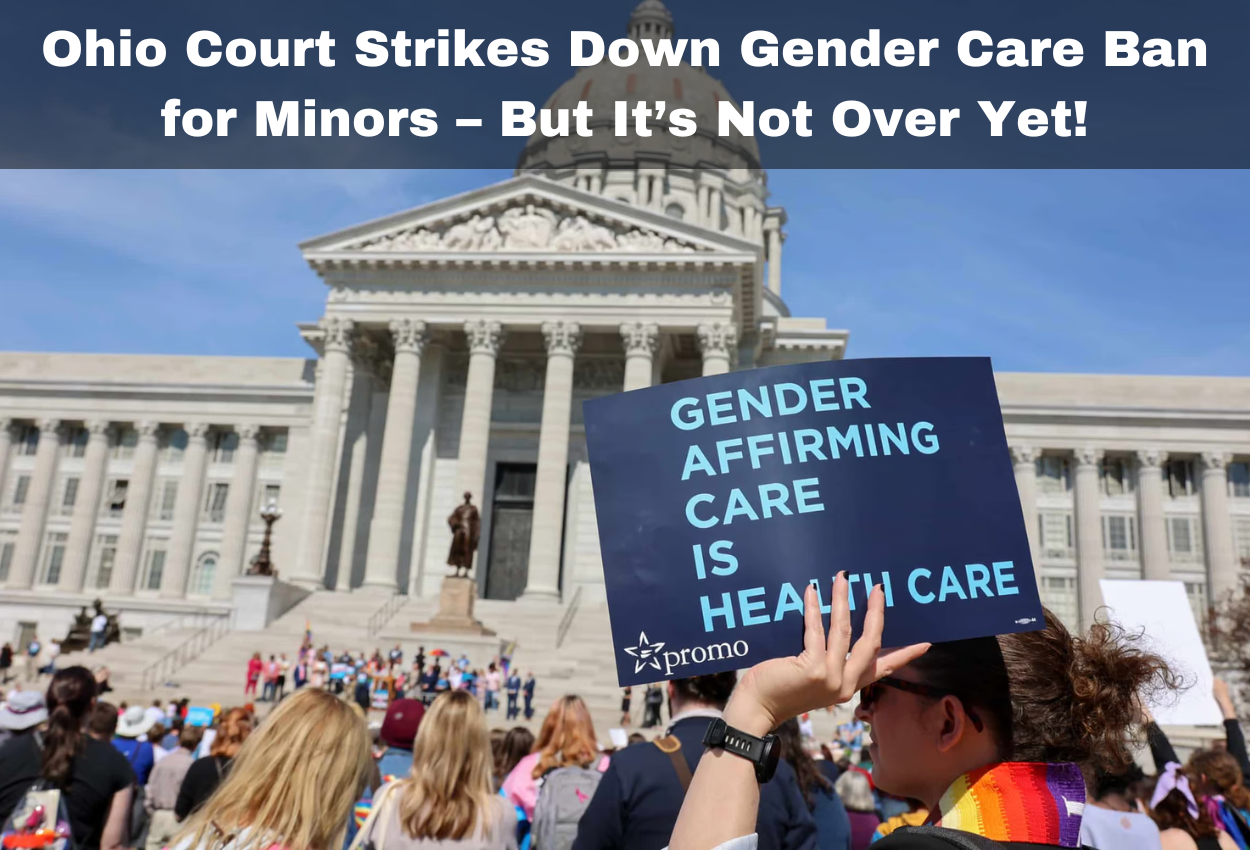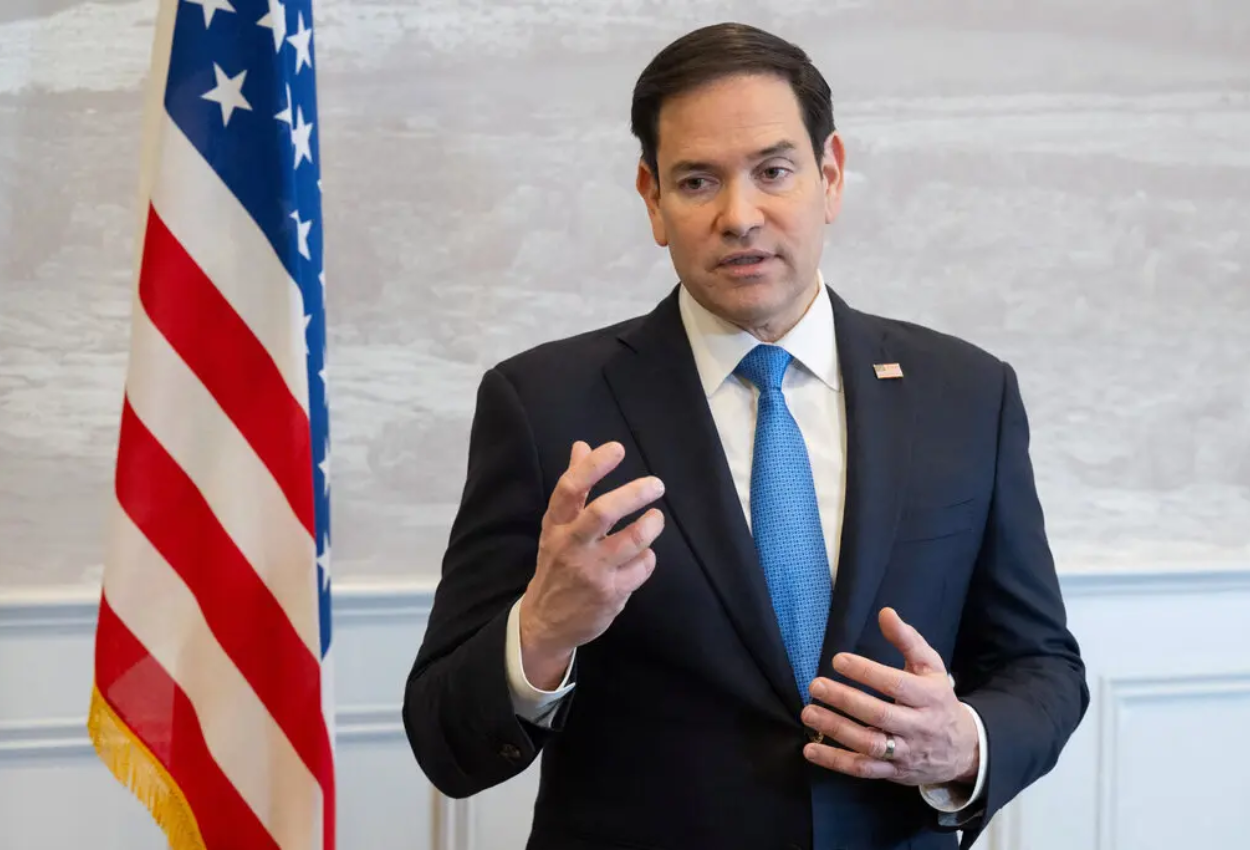You might think that state governments or elected officials create most laws and regulations, and you’re right—but not entirely. In reality, a surprising amount of rules and regulations come from private, unelected organizations known as non-governmental organizations (NGOs). This raises concerns about transparency and fairness, as some regulations are shaped behind closed doors, benefiting special interest groups instead of taxpayers.
How Do NGOs Influence Regulations?
NGOs have a significant impact on how regulations are created. These organizations, though not elected by the public, help shape policies that affect businesses, consumers, and even everyday life. They often work closely with lawmakers, offering their expertise on complex issues. While they can provide valuable insight, the danger arises when they have too much power over the decision-making process.
Recent reports from organizations like Ohio’s Buckeye Institute and Texas Public Policy Foundation have highlighted this issue. Both studies point out the lack of transparency in the process and warn about the risks of allowing NGOs to have such a large role in rulemaking. Though the reports focus on Ohio and Texas, they argue that this problem is widespread in many other states, including Missouri and Kansas.
The Role of NGOs: Experts or Power Players?
NGOs often present themselves as neutral experts who help lawmakers understand technical matters. And in many cases, their knowledge is essential—especially in areas where the government lacks specialized knowledge. However, the real concern arises when NGOs have too much influence over the laws and regulations, sometimes replacing the role of elected lawmakers.
For example, in Missouri and Kansas, both states rely on the National Fire Protection Association (NFPA) for safety standards in areas like electrical wiring and hazardous materials. These standards impact costs and regulations, and the question arises: who is making these decisions? Are they people or groups with financial interests that benefit from stricter regulations? This is where the problem lies—important decisions should not be left in the hands of unelected organizations without proper oversight.
Lack of Transparency in NGO-Driven Rules
One of the biggest issues with NGOs shaping regulations is the lack of transparency. NGOs often work behind the scenes without public involvement, making it difficult for regular citizens to know what’s happening. This creates suspicion, as lawmakers and the public cannot fully trust that these rules are made with the public’s best interests in mind.
Take the National Association of Insurance Commissioners (NAIC), for example. The NAIC helps set standards for the insurance industry, working closely with state regulators. In some states, like Florida and Alabama, the legislature has adopted the NAIC’s rules without making any changes. Some states even follow NAIC guidelines on complex issues like how insurance companies should use artificial intelligence.
This situation raises a red flag. An unelected organization is not only writing rules but also accrediting state insurance departments. This lack of public oversight means that the regulatory process is being controlled by a group with its own interests, which might not always align with the public good.
The Need for Transparency and Public Involvement
To avoid the negative effects of NGO-driven regulations, experts recommend increasing transparency in the process. Both the Buckeye Institute and the Texas Public Policy Foundation suggest that NGOs should release annual reports detailing their funding sources, lobbying efforts, and internal governance. This will help ensure that the public can hold these organizations accountable.
Most importantly, lawmakers should not automatically adopt NGO-driven regulations. They must carefully review and scrutinize these rules to ensure that they do not harm businesses or consumers. The public also needs to be involved in the process, ensuring that regulations are made with their best interests in mind.
Conclusion
NGOs play a crucial role in shaping regulations, but their growing influence raises serious concerns about transparency and accountability. When unelected organizations have too much control over important decisions, it can lead to rules that benefit special interests instead of the public. To prevent this, there needs to be more oversight, transparency, and public involvement in the process. It’s time for lawmakers to take a closer look at the power that NGOs have in creating regulations and ensure that the public’s voice is heard.
Disclaimer—Our team has checked this article to ensure its accuracy and eliminate any misinformation. We are committed to providing clear and reliable information for our readers.




